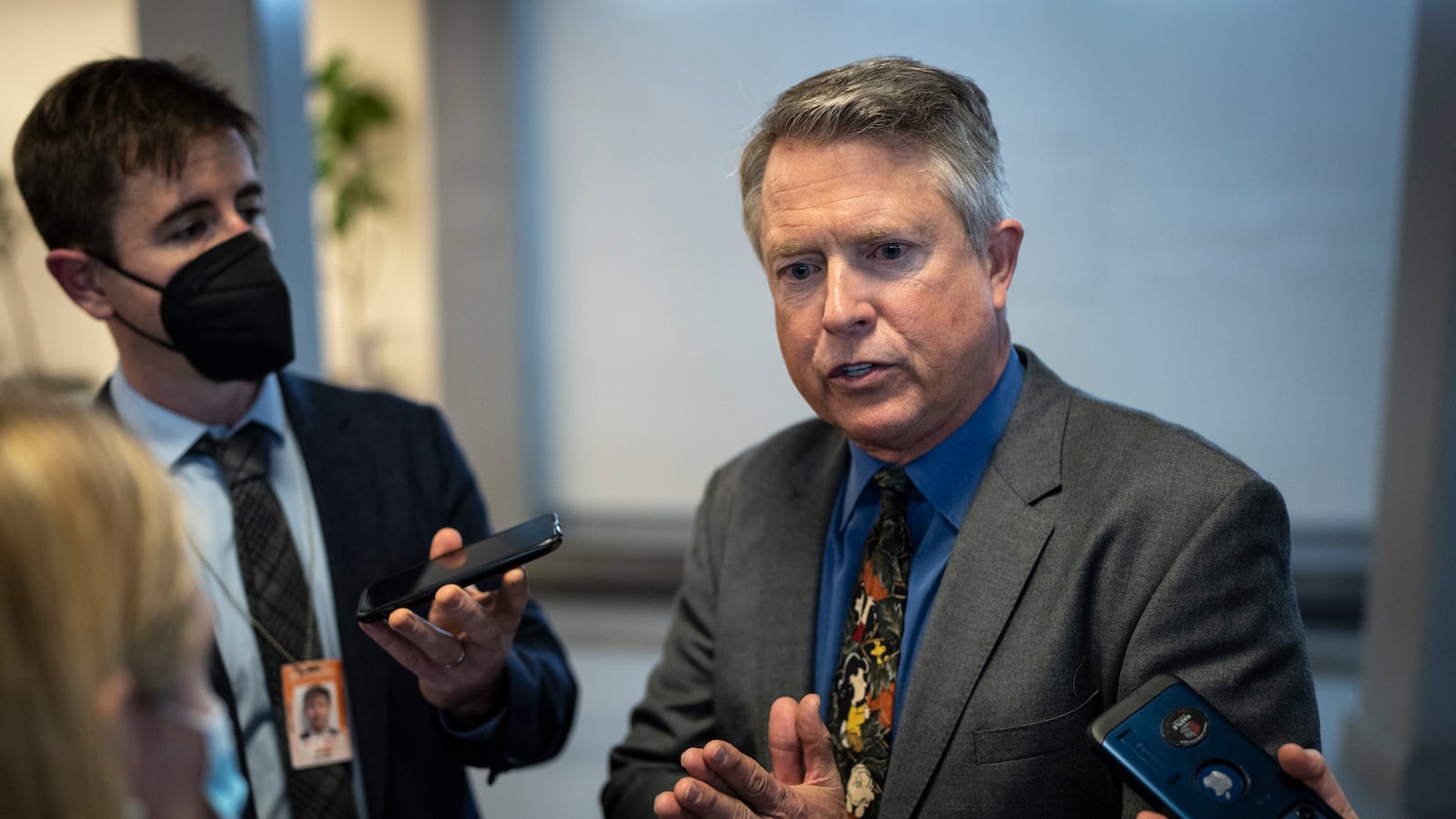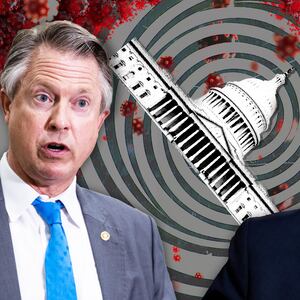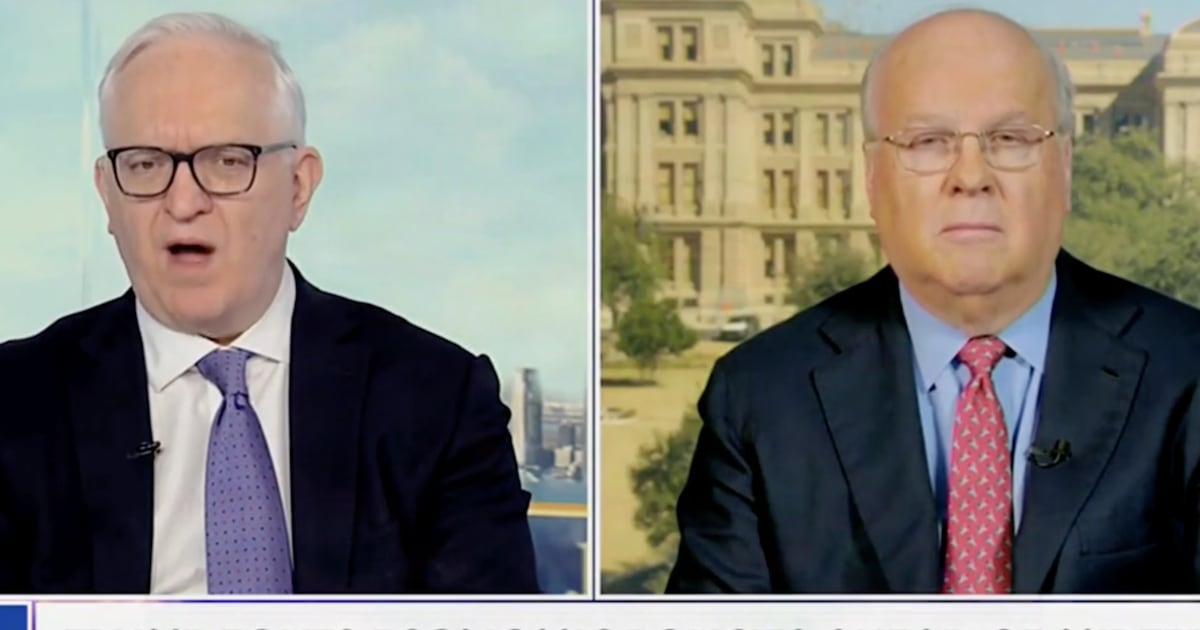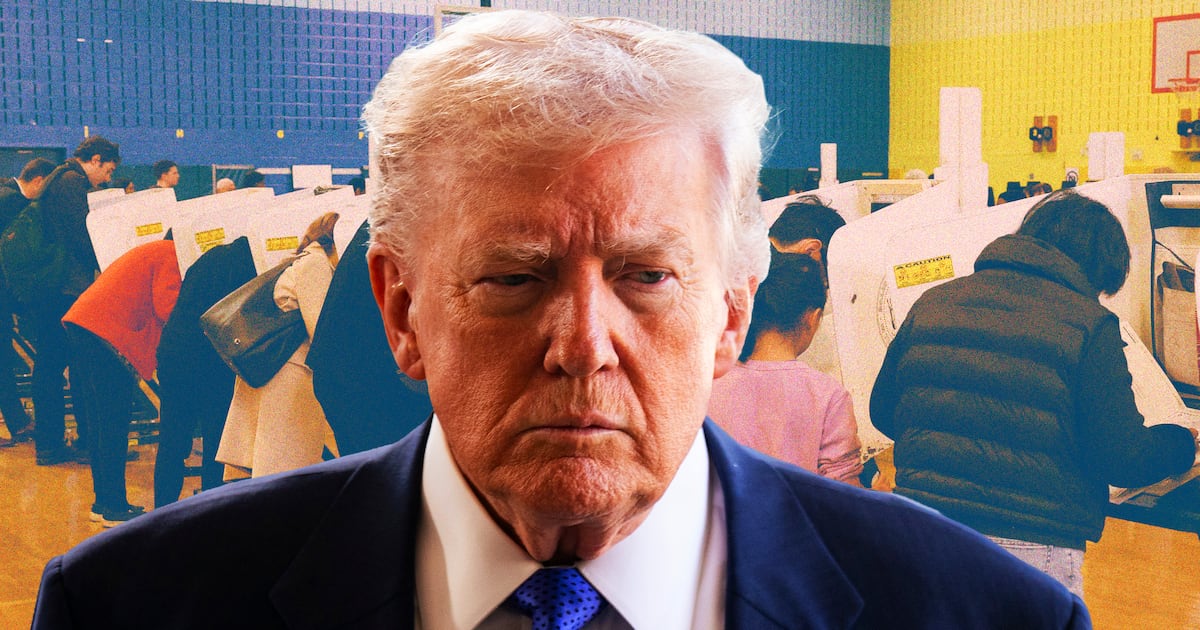For a week, lawmakers skirted closer and closer to what would have been one of the most pointless government shutdowns in recent memory.
Everyone from Speaker Nancy Pelosi (D-CA), to Senate GOP leader Mitch McConnell (R-KY), to President Joe Biden agreed that a shutdown would be an exceedingly stupid idea.
But almost 24 hours from when the lights were slated to turn off, leaders were able snatch victory—in this case, the government meeting basic obligations—from the clutches of a vocal GOP minority willing to shut it all down in service to an anti-vaccine crusade.
Earlier this week, a handful of hardline Republican lawmakers concocted a galaxy-brain gambit to use a stopgap government funding bill to stop vaccine mandates. Democrats, who didn’t seem to anticipate that anyone would seriously oppose a bill just to keep the government going as lawmakers negotiate a larger spending deal, didn’t leave themselves enough time to avoid handing over a small and temporary bit of leverage to any one Republican senator—and that left open the serious possibility that one of them would force a shutdown just to prove a point.
But just as Congress looked like it was headed that direction, Senate Democratic leaders struck a deal Thursday night with the small group of GOP senators, giving them a vote on stopping the vaccine mandates with a simple majority in exchange for avoiding a weekend shutdown.
Those votes took place Thursday night, and after the Senate rejected an amendment to defund all vaccine mandates, the Senate passed the stopgap bill and Congress avoided one of its most pointless and unnecessary shutdowns yet.
Keeping the government open was over the objection of House Republicans. Only minutes before the group of conservative senators stuck a deal with Democrats, the House passed the continuing resolution with every Republican voting for a shutdown except for one: Rep. Adam Kinzinger (R-IL).
That shutdown could have happened for the weekend and part of Monday, as the Senate worked through its normal time requirements for debate before inevitably passing the stopgap bill. But it was never going to result in defunding vaccine mandates for federal and private sector workers.
Still, Democrats were, to a person, incensed that the vocal minority would choose to use its leverage this way.
“I’m appalled by the idea that we even have to talk seriously about a shutdown,” said Sen. Richard Blumenthal (D-CT) on Thursday. “It should be in the realm of an asteroid hitting the Earth.”
While forcing a shutdown for a brief period over the weekend would have had only minorly inconvenienced the federal government, it would’ve been a stain on operating procedure not seen since 2019, when the government shut down for over a month.
And plenty of Republicans and Democrats were resolved to keep it that way.
While the group of hardliner Republicans insisted Senate Majority Leader Chuck Schumer (D-NY) would have been to blame, Sen. Roy Blunt (R-MO) didn’t think that’d be the public’s conclusion. “The normal blame taking would be Republicans take on the blame,” he told reporters on Wednesday.
Sen. Kevin Cramer (R-ND) admitted to a “little bit of concern” that Republicans would have received blame for a shutdown. And he expressed concern that his colleagues have grown “a little too casual” in approaching lapses in government funding—which, even if brief, has the effect of tainting trust in the U.S. government at home and abroad.
“It has an impact. It’s not nothing, and we should not be so casual about it,” Cramer said. “I kind of hoped we'd all learned our lesson that you know, shutdowns aren't really a great tool or a leverage.”
The ringleaders of this push said they didn’t want a shutdown, either. But one of them, Sen. Roger Marshall (R-KS), justified the stance by claiming they had given advance warning.
“I don't want to shut the government down. But we told Senator Schumer over a month ago that we don't want any funding in the CR to fund OSHA for this unconstitutional federal vaccine mandate,” said Sen. Roger Marshall (R-KS), who penned a November letter warning Republicans would not support a continuing resolution that funds vaccine enforcement.

Sen. Rand Paul heads to the Senate floor.
Tasos KatopodisSen. Rand Paul (R-KY) argued Democrats were in a dilemma of their own making by not enacting a continuing resolution sooner.
“They’ve known about this spending deadline for two months. If they were competent, they would have put the bill on the floor last Friday, and despite Republican objections, you go through a week, they pass whatever they want,” Paul said.
Nevertheless, Marshall couldn’t seem to resist downplaying the government shutdown threat, even if he said he wanted to avoid it. "My phone has blown up and continues to blow up and with the vaccine mandate issue, but not one Kansan has reached out to me to say, 'Don't shut the government down,’” he told reporters.
That viewpoint is baffling to Republicans on a few levels. For one, passing a continuing resolution is a win for them—it extends Trump-era funding levels brokered by the GOP, not the new ones being crafted by Democrats but remain delayed. But beyond that, nearly all know that the best chance of stopping Biden’s mandates is through the courts.
And, no matter who would have been blamed, many Republicans know that trust in the entire institution will erode even if they only narrowly avoid a shutdown.
“Once again, it shows we can't get our work done on time,” said Sen. Mike Rounds (R-SD), “and we’re not stable.”
Updated at 9:33 p.m. EST to reflect Senate passage of the stopgap funding bill.









